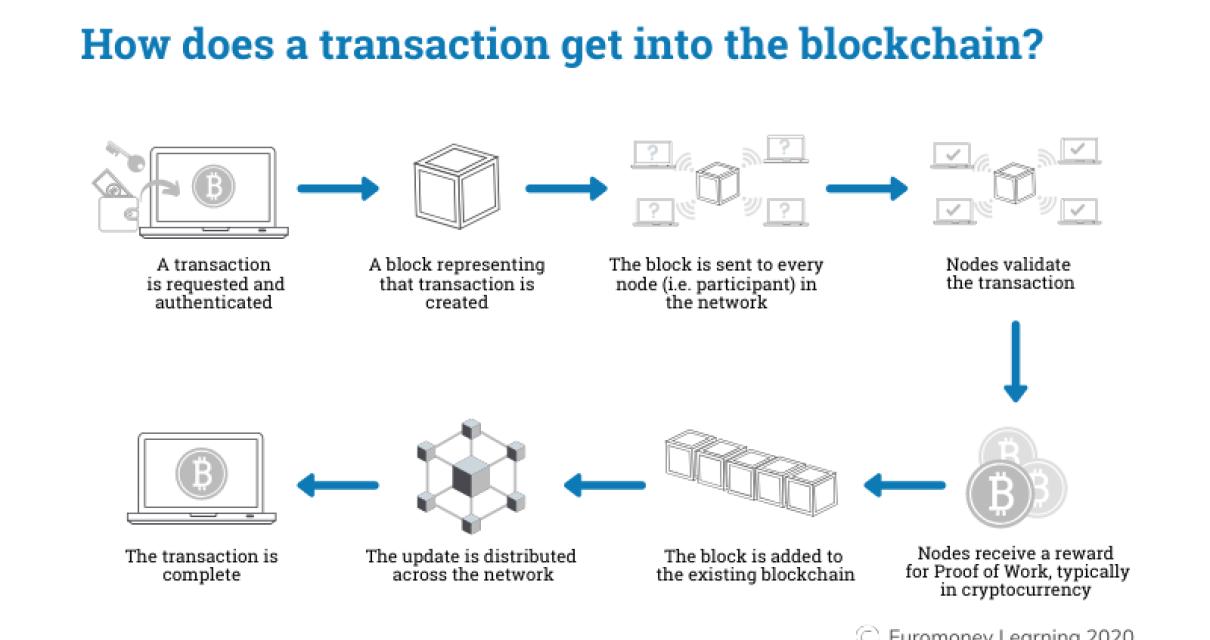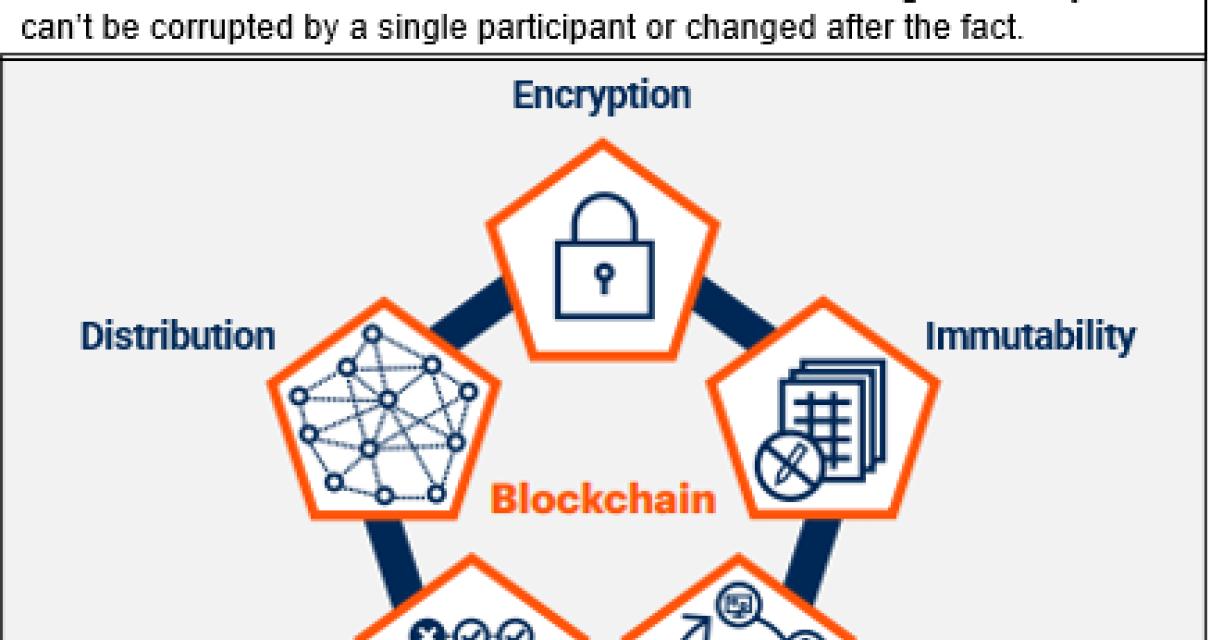What is a blockchain?
A blockchain is a distributed digital ledger of all cryptocurrency transactions. It is constantly growing as "completed" blocks are added to it with a new set of recordings. Each block contains a cryptographic hash of the previous block, a timestamp, and transaction data. Bitcoin nodes use the block chain to distinguish legitimate Bitcoin transactions from attempts to re-spend coins that have already been spent elsewhere.
How does a blockchain work?
A blockchain is a digital ledger of all cryptocurrency transactions. It is constantly growing as “completed” blocks are added to it with a new set of recordings. Each block contains a cryptographic hash of the previous block, a timestamp, and transaction data. Bitcoin nodes use the block chain to differentiate legitimate Bitcoin transactions from attempts to re-spend coins that have already been spent elsewhere.

What are the benefits of a blockchain?
There are many potential benefits of deploying a blockchain application. Some of the benefits include:
- Increased security and transparency: A blockchain application creates an electronic record that is unalterable and transparent, making it more secure and reliable than traditional systems.
- Reduced costs: A blockchain application can reduce the costs associated with traditional systems, such as the need for third-party verification or the need to maintain multiple versions of records.
- Greater scalability: A blockchain application can handle a greater number of transactions than traditional systems, allowing for increased efficiency and decreased costs.
What are the challenges of implementing a blockchain?
There are a few challenges when implementing a blockchain. The first is that the technology is new, so there may be some glitches in the early stages. Additionally, blockchain technology is not without its critics, so it will likely take some time for it to be widely accepted.

How can blockchain be used to create trust?
Blockchain technology can be used to create trust by creating a tamper-proof record of transactions. This record can be used to verify the legitimacy of a transaction and to prevent fraud.
What are the risks associated with blockchain technology?
There is no one-size-fits-all answer to this question, as the risks associated with blockchain technology will vary depending on the specific case. However, some of the potential risks associated with blockchain technology include:
1. Security risks: Blockchain technology is vulnerable to security threats, including cyberattacks and data breaches.
2. Volatility: The price of cryptocurrencies, such as bitcoin, can fluctuate rapidly, which can lead to instability in the market.
3. Inability to scale: Blockchain technology is not well suited for large-scale applications, which could limit its potential.
4. Lack of interoperability: Blockchain technology is not compatible with many other technologies, which could make it difficult to deploy in a wide range of industries.
5. Lack of regulation: There is currently little regulatory oversight of blockchain technology, which could lead to increased risks.